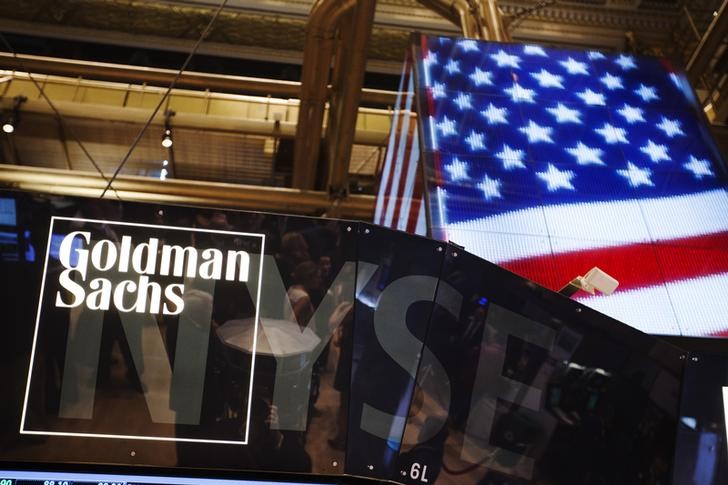LONDON (Reuters) - Brazil, Turkey and some frontier markets face the biggest risk from a possible surge in local sovereign debt issuance as developing governments ramp up spending to tackle the economic fallout from the coronavirus pandemic, Goldman Sachs (NYSE:GS) said on Monday.
Developing economies' assets were especially hard hit by a deep market sell-off in March and face rising borrowing costs.
That makes it more challenging for them to fund a stimulus spree on the scale of those by major governments, with interest rates near record lows, that are pumping trillions into their ailing economies.
How well-placed local debt markets across developing nations are to absorb heavy government debt issuance depends on factors such as domestic pension funds and insurance companies, the presence of local commercial banks and the buying power of central banks, Goldman Sachs said in a note.
"A key question is whether local markets are equipped to absorb the additional issuance if foreign portfolio investment is constrained or whether this will cause further increases in bond premia and renewed upward pressure on yields," Goldman Sachs' Kamakshya Trivedi wrote.
Brazil faced a "medium-to-high risk" from a potential surge in local government debt, he said.
"Although local markets are liquid relative to peers, it is highly likely that the local banking sector (both commercial banks and the central bank) will eventually have to increase their purchases to counterbalance the high bond supply and the foreign outflows driven by the low FX (forex) carry," Trivedi said.
Over the medium to long term, risks could escalate without meaningful fiscal adjustments, he said, adding the weakness of the currency over the last few months was a warning of domestic investors' low confidence in local assets.
Brazil's real
Frontier markets - a subset of smaller and riskier emerging economies - faced a high risk from any local sovereign debt surge because of their relatively small number of institutional investors, relatively small banking sectors and because their central banks need to preserve foreign asset buffers to prevent pressures on the currencies.
The lack of a private sector counterweight to mop up a possible debt splurge means support from the official sector was likely to be inevitable, Trivedi said, adding he would also put Turkey in this group.
Turkey's lira
